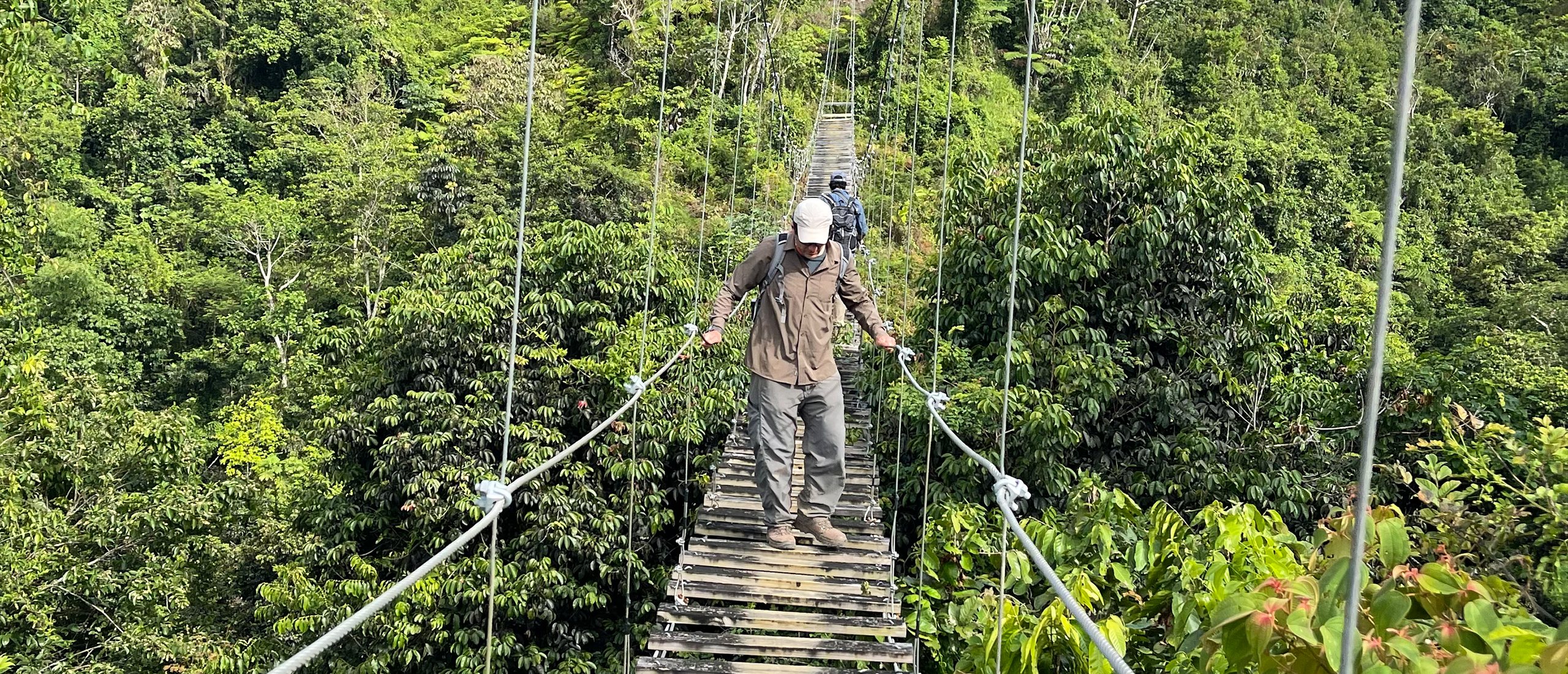Making Travelers Feel Guilty Doesn’t Work: The Difference Between Giving Back Versus Caring
Written By: Jesús Parrilla, Principal, Luxury Frontiers
With travel, as with life, the most transformative moments happen (or appear to happen) organically. They catch you off guard, take you by surprise. Perhaps it’s a place you encountered, something that wasn’t in your guidebook. Or a person you met by chance who changed your outlook on life for the better. Or a conversation that took a turn and sparked an unexpected “aha” moment.
I say “appear to happen” because I’ve made a career out of anticipating these moments and helping travelers “stumble” upon them as spontaneously as possible. Not in a hand-holding or contrived way, but in a manner that organically guides and supports these discoveries. Travel is about feeling alive—and it’s our job as people who work in hospitality to cultivate these magical moments.
Smart, well-meaning travel experts will tell you that these life-changing events can be initiated or orchestrated by travelers themselves. In my experience, that’s simply not true. And it’s an especially misguided notion in the context of giving back when traveling.

Recently, I have observed a rising emphasis in the industry on creating experiences or opportunities for guests to give back during their stay. Some have even recommended offering complimentary amenities in exchange, such as massages or room upgrades. While I applaud the passion and intention toward impactful travel, I take issue with the transactional notion of giving back.
Giving back shouldn’t take the form of penance, of lessening our guilt. We ought not to volunteer our time in the name of “correcting” what we perceive to be social and economic inequalities when traveling, especially when done in place of volunteering in one’s own community. Further to this, giving back definitely shouldn’t come from a place of shallow incentivization: if a free massage and wine tasting are what’s motivating you to do good, I urge you to interrogate your impulse to help in the first place.

As I see it, this paradigm of giving back actually deepens social and economic disparities, leads to uncalled-for interference in the lives of others, and undermines local leadership and entrepreneurship.
Travel in itself is one of the most powerful engines of social, economic, and environmental change. A responsibility so great necessitates action that’s strategic, rigorous, and methodical. It also demands greater accountability, so that these do-good actions aren’t one-time events but long-term commitments that lead to lasting change.
This is why the onus to give back must be on travel companies, and brands—not, as many in hospitality and travel argue, on travelers.

Businesses have the connections, savvy, and resources to drive meaningful and long-lasting change. Successful programs and initiatives might translate to strategic funding – not handing out money – but providing financial assistance for the community to get their training, administrative support, and tools to become self-sufficient in the community. Change could result from connecting individuals with other like-minded communities, opening doors to economic opportunities while preserving and rescuing local traditions, or reaching people with great potential for success.
When businesses take responsibility, travelers can “happen upon” moments that create higher consciousness, which triggers a deep sense of care and commitment, which leads to inspired action.
If you think back to your most memorable, life-defining travel moment, I’m willing to bet that the place where it happened or the person it happened with holds a special place in your heart. You’re probably more fiercely protective of that place or person (and places and people like it). You probably changed something about your life in a positive way as a result—not because you felt a sense of duty or wanted a free massage, but because it felt aligned with your deepest values and highest ideals about life. Operators and brands should not ask their guests to do what they should do in the first place.

This article is courtesy of Luxury Frontiers and was originally posted here.